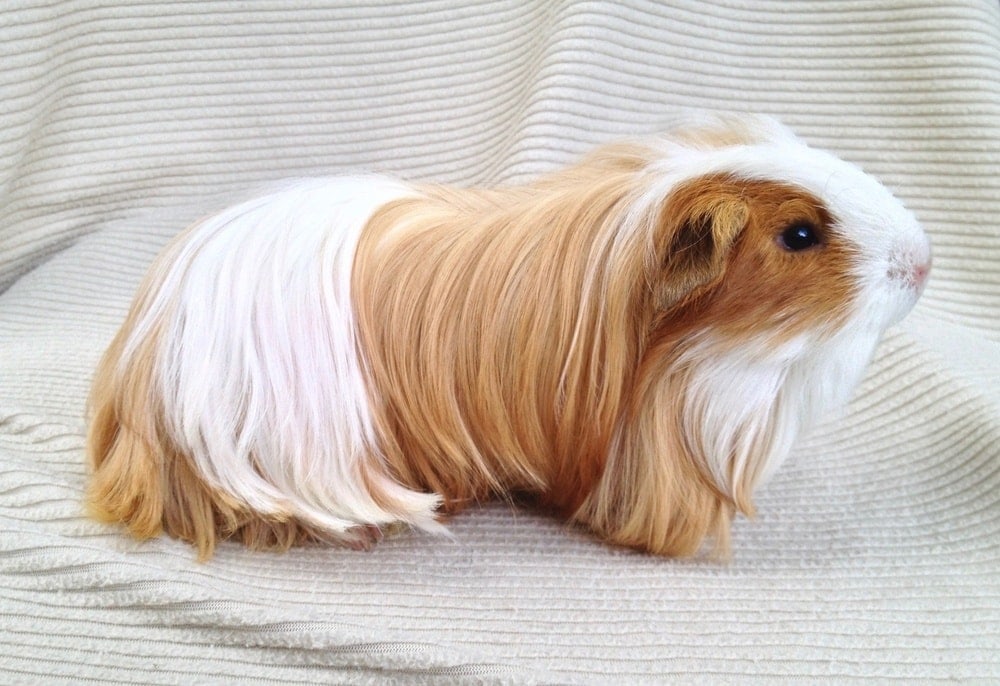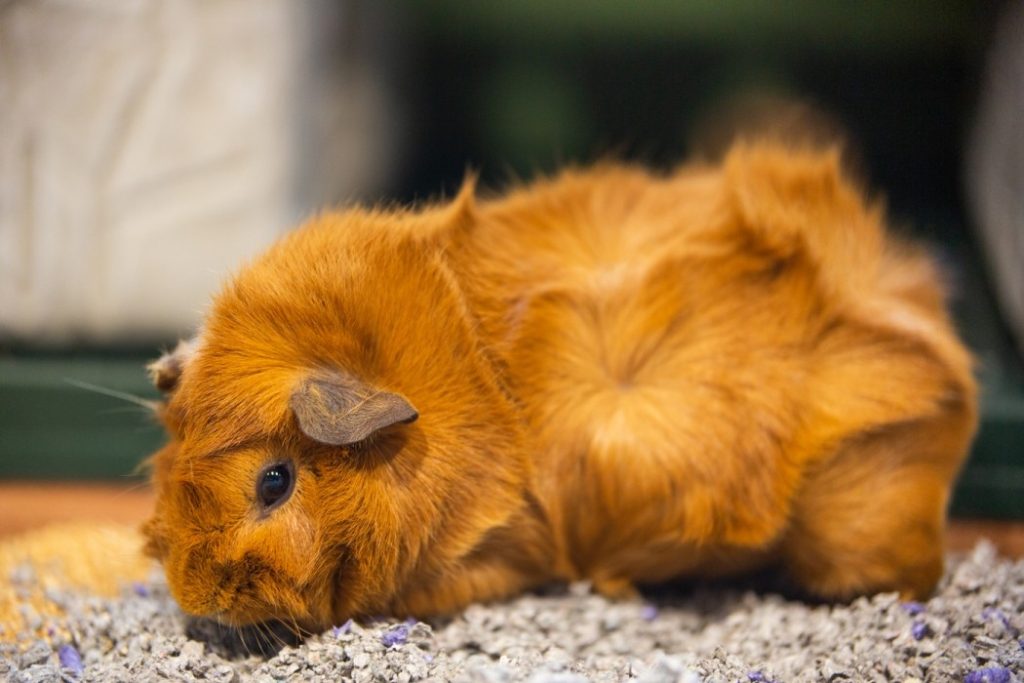Guinea pigs are popular pets that are loved for their social and friendly nature. While they can be fun and affectionate companions, they are also susceptible to a range of health problems, including urinary tract problems. Urinary tract problems can be caused by a variety of factors, including genetics, diet, and hygiene. In this article, we’ll discuss the most common urinary tract problems in guinea pigs, their symptoms, causes, and how to prevent and treat them.

Common Urinary Tract Problems in Guinea Pigs
Urinary tract infections (UTIs)
Urinary tract infections are bacterial infections that can occur in the bladder, urethra, or kidneys. UTIs can result from poor hygiene, such as when a guinea pig’s bedding is not changed regularly or when their living area is not cleaned often enough. UTIs can also be caused by an inadequate diet, such as one that is too high in calcium.
Bladder stones
Bladder stones are mineral deposits that form in the bladder. They can be caused by an imbalanced diet that is too high in calcium and phosphorus. In some cases, bladder stones can be hereditary.
Bladder sludge
Bladder sludge is a collection of particles and sediment that can build up in the bladder. It can be caused by an inadequate diet, such as a diet that is too low in fiber. Bladder sludge can also be a precursor to bladder stones.

Symptoms of Urinary Tract Problems in Guinea Pigs
Some of the symptoms of urinary tract problems in guinea pigs include:
Straining to urinate
Blood in urine
Urinating more frequently than usual (or not urinating at all)
Incontinence (loss of control over urination)
Painful urination (vocalizing or flinching when urinating)
Lethargy
Loss of appetite
Weight loss
Dehydration
If you notice any of these symptoms in your guinea pig, it is important to take them to the vet as soon as possible.
Causes of Urinary Tract Problems in Guinea Pigs
Genetics
In some cases, urinary tract problems can be caused by genetics. Certain breeds of guinea pigs are more prone to bladder stones, for example. However, the majority of urinary tract problems in guinea pigs are caused by environmental factors.
Diet
A guinea pig’s diet can have a huge impact on their urinary tract health. A diet that is too high in calcium, phosphorus, or protein can increase the risk of bladder stones and urinary tract infections. On the other hand, a diet that is too low in fiber can result in bladder sludge. Guinea pigs require a diet that is high in fiber and vitamin C, and low in calcium and protein.
Hygiene
Inadequate hygiene can also contribute to urinary tract problems in guinea pigs. A dirty living environment can lead to bacterial infections and other health problems. Guinea pigs require clean bedding and litter boxes, and their living area should be cleaned regularly.

How to Prevent and Treat Urinary Tract Problems in Guinea Pigs
Diet
One of the most important ways to prevent and treat urinary tract problems in guinea pigs is through diet. A healthy diet should be high in fiber, low in calcium and protein, and include plenty of fresh water. Guinea pigs should also be given vitamin C supplements, as they are unable to produce this vitamin on their own.
Hygiene
Keeping your guinea pig’s living environment clean is also essential for preventing urinary tract problems. Regularly clean your guinea pig’s bedding and litter box, and make sure their living area is free from urine and feces. This will help prevent bacterial infections and other health problems.
Veterinary Care
If you suspect that your guinea pig has a urinary tract problem, it is important to seek veterinary care as soon as possible. Treatment may include antibiotics, pain medication, hydration therapy, and dietary changes. In some cases, surgery may be required to remove bladder stones.
Urinary tract problems can be a serious issue for guinea pigs, but many cases can be prevented through proper diet, hygiene, and veterinary care. By feeding your guinea pig a healthy diet, keeping their living area clean, and seeking veterinary care when necessary, you can help ensure that they lead a happy and healthy life.